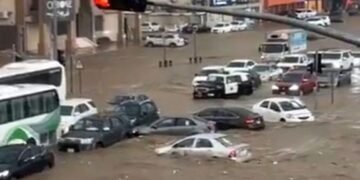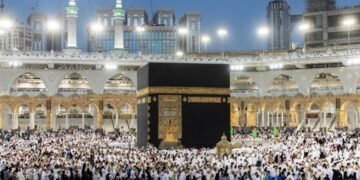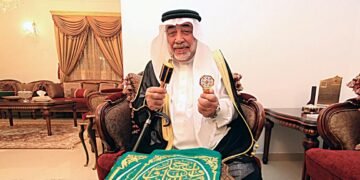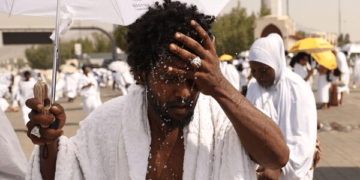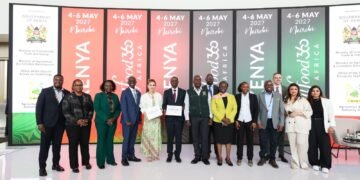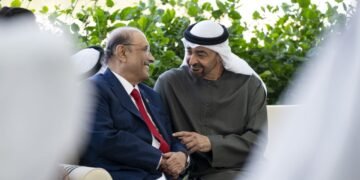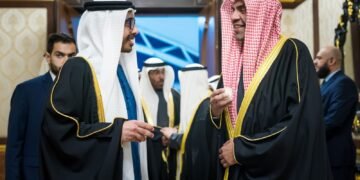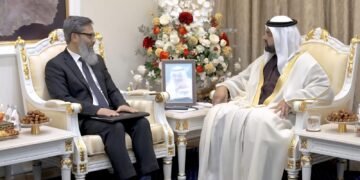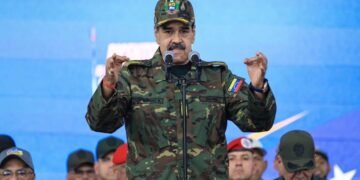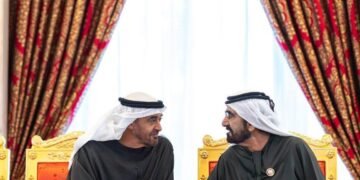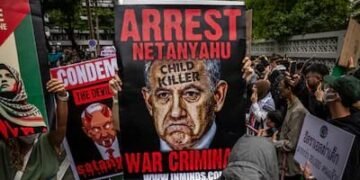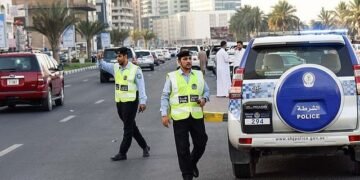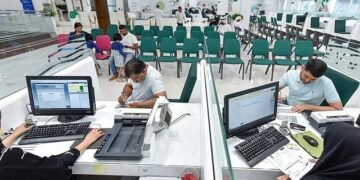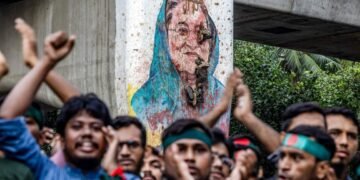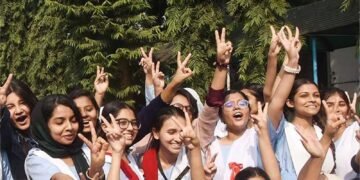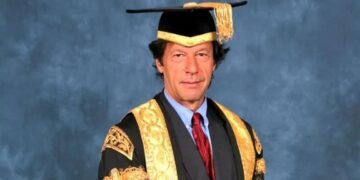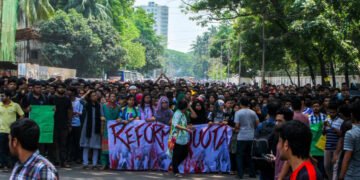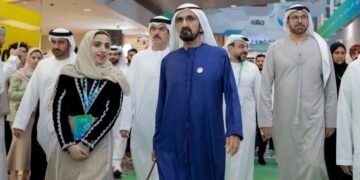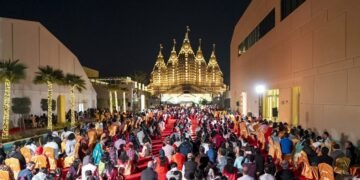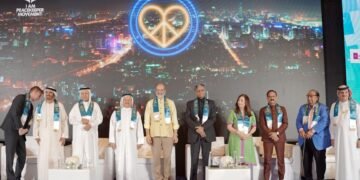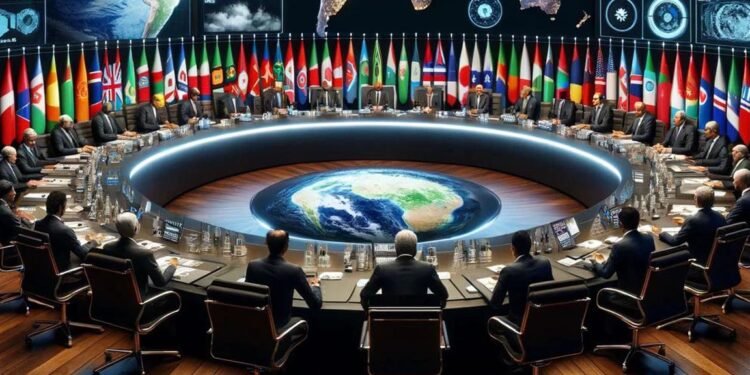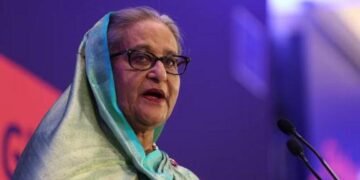A major question remains: Will leaders take concrete steps toward future cooperation?
World leaders will come together to discuss various global challenges. They are meeting in New York this week for the annual United Nations General Assembly (UNGA). This year’s conference calls for joint cooperation, not only to solve immediate problems but also to modernize post-World War II institutions to meet future global threats.
UN Secretary-General Antonio Guterres emphasized this point last year.
He urged world leaders to come together for a “future summit”. He warned that humanity and the world were at stake and emphasized the need for a renewed commitment to multilateralism. It is the foundation of the United Nations and old global structures need to be reformed to deal with emerging crises.
Guterres reiterated in a press briefing last week that global challenges are moving faster than they are being resolved. He cited political conflict, climate change, social inequality, rising debt and the regulation of emerging technologies such as artificial intelligence as concerns.
The two-day summit will see leaders from more than 130 countries discuss the wars in Gaza, Ukraine and Sudan, among other issues. A major question remains: Will leaders take concrete steps toward future cooperation?
Another major challenge there is reaching consensus on the conference’s main document, with Russia and several other countries objecting to the final text.
Human rights activists at Amnesty International, such as Agnes Colmard, have urged leaders to seize this moment, warning that missing this opportunity could lead to dire consequences in the future.
The high-level talks will include notable speeches, possibly including US President Joe Biden’s last major speech on the world stage. Biden’s focus, like other leaders, will be on conflict resolution, with US Ambassador Linda Thomas-Greenfield stressing the importance of bringing hope to the billions affected by war around the world.
Escalating violence in Gaza and Ukraine, as well as the threat of a wider Middle East conflict, will be central to this week’s talks. Israeli Prime Minister Benjamin Netanyahu, Palestinian President Mahmoud Abbas and Iranian President Masoud Pezeshkian will deliver speeches.
Meanwhile, Ukrainian President Volodymyr Zelensky will address both the UN Security Council and General Assembly, highlighting the ongoing conflict in his country.
Meanwhile, one of the Security Council’s biggest challenges is the deep divisions among its five permanent members, who each hold veto power. While the US, France and Britain support Ukraine, Russia, which has invaded Ukraine, maintains a strong military and economic alliance with China. The foreign ministers of both Russia and China will be represented in this meeting.

